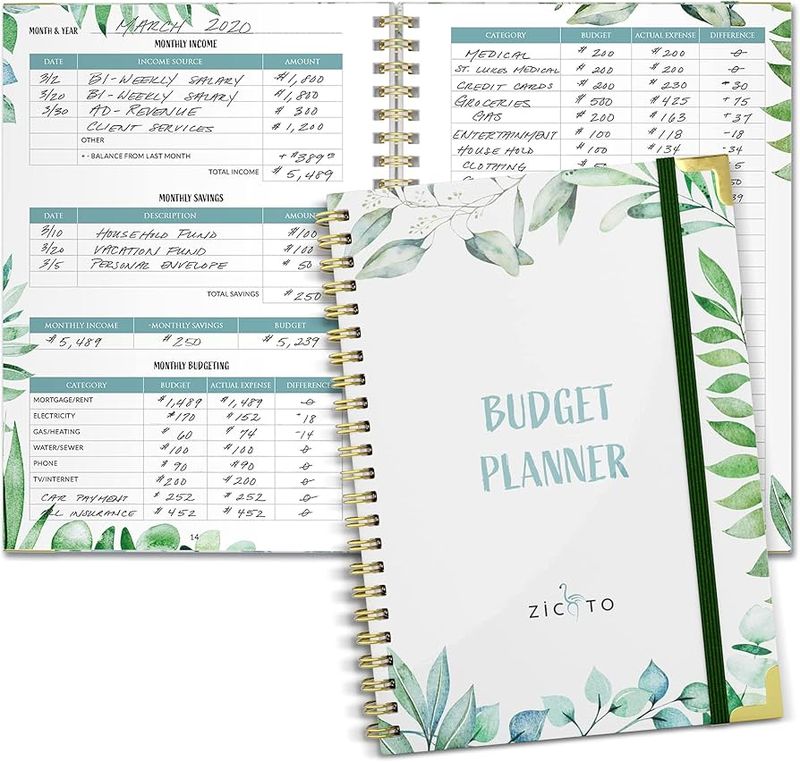Determining the right amount of cash to keep in your checking account is a balancing act between accessibility and opportunity cost. While having immediate access to funds for everyday expenses is crucial, holding excessive amounts in a low-interest account might not be the best for long-term financial growth. Experts have weighed in on the ideal balance to maintain, ensuring financial peace of mind while maximizing growth potential. They suggest a combination of covering basic expenses, maintaining a buffer for unexpected costs, and avoiding excessive balances that could be better applied elsewhere. Here’s a closer look at their insights.
1. Cover One to Two Months of Expenses

Experts suggest having enough cash in your checking account to cover one to two months of expenses. This strategy ensures that daily transactions and regular bills can be handled without stress. Imagine navigating your financial month with confidence, knowing that all expenses are covered. This approach provides both peace of mind and a safety net, reducing the need for constant account monitoring. By having this cushion, unexpected expenses won’t derail your budget. Instead, you’ll maintain a steady financial course, making life’s little surprises less worrisome.
2. Add a 30% Buffer

Including a 30% buffer above your monthly expenses in your checking account can accommodate unforeseen costs. This financial padding is like having an umbrella for a rainy day, ensuring you’re never caught off guard. For instance, if your monthly expenses are $5,000, a balance of $6,500 offers a safety net. This buffer helps avoid overdraft fees and stress about sudden expenses. It’s a proactive step, transforming potential financial hurdles into manageable occurrences, allowing for smoother financial navigation.
3. Avoid Excessive Balances

While keeping sufficient funds in your checking account is vital, excess amounts could be inefficient. Checking accounts typically offer little to no interest, meaning that extra money might be better used in higher yield savings or investments. Imagine your money working for you, growing over time, rather than sitting idly. This strategic move can enhance your financial growth and security in the long run. By reallocating excess funds, you ensure that every dollar is maximizing potential returns, setting the stage for a financially savvy future.

Well, hello there!
My name is Jennifer. Besides being an orthodontist, I am a mother to 3 playful boys. In this motherhood journey, I can say I will never know everything. That’s why I always strive to read a lot, and that’s why I started writing about all the smithereens I came across so that you can have everything in one place! Enjoy and stay positive; you’ve got this!

